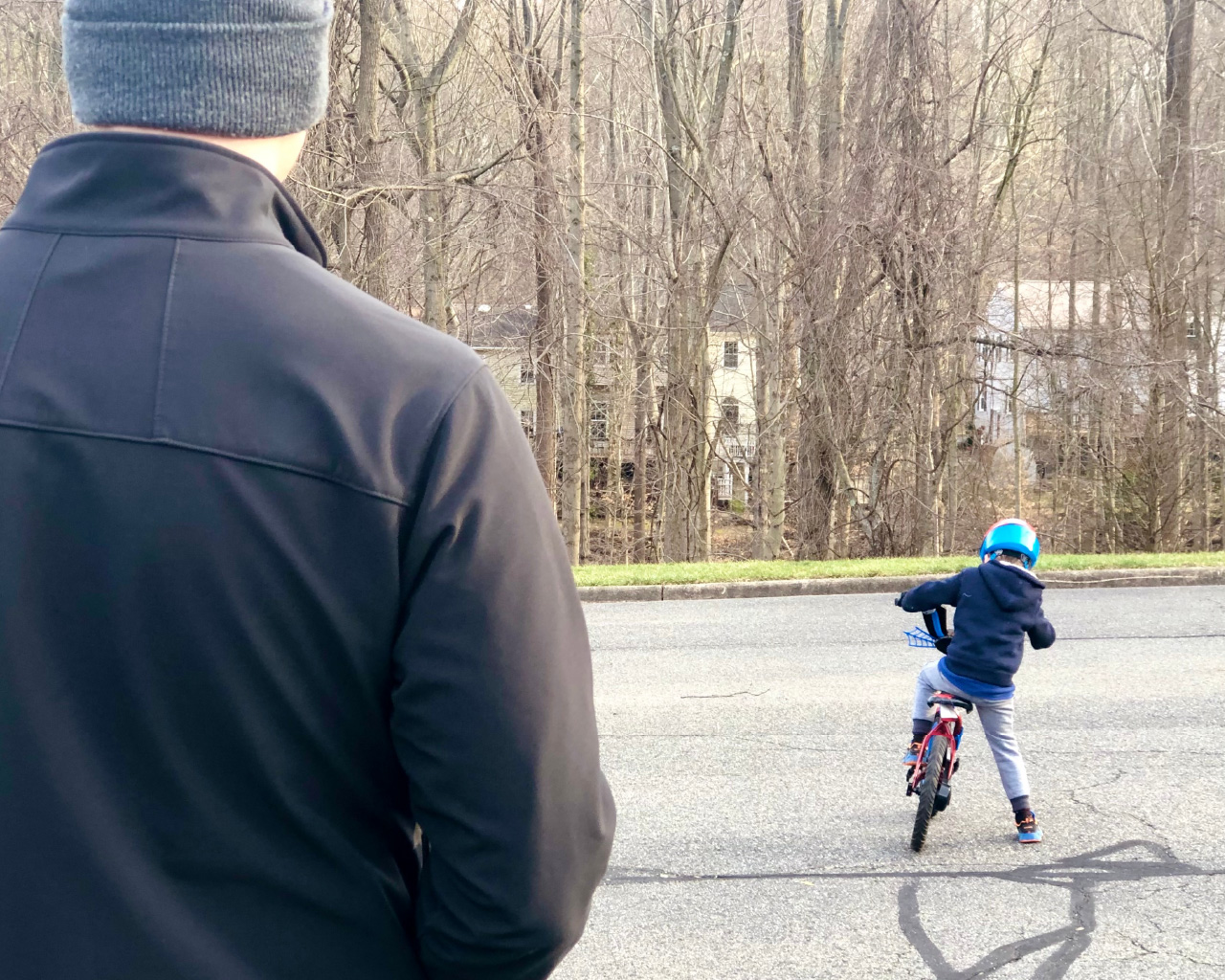
Do you remember how excited you were when your child took their first steps? Or uttered the first word? It was among their early developmental milestones, and you felt delighted watching your child reach them.
Every stage of a child's physical, mental, and behavioral progress is part of their developmental growth and begins when they are born. Every child's new ability, skill, response, and reaction marks their progression within an expected timeframe. Each child will have a slightly different timeline of milestones. For example, growing up in the same household, siblings may walk, talk, or learn new skills at different ages.
Child development is influenced by genetic factors, environment, depth of nurturing and the range of stimuli offered from birth.
The expected timeframe for milestone development is a general guide for parents and child experts to track the child's progress. However, markedly delayed milestones should be looked into further by medical professionals.
What Are the Development Milestones Categories in Children?
Broadly, there are 6 types of development categories in children:
Why Are Development Milestones Important to Track in Children?
Observing and monitoring child development milestones helps parents know their child's physical, mental, cognitive, and social progress.
For example, what if the child is not walking by 18 months? Or is it not sitting up independently by 8 months?
The developmental milestone charts offer a general idea of what is 'normal' for a particular age range.
The physician will look for causes of developmental delay and prescribe specific therapies to help the child gain the relevant skills and catch up.
Are You Seeing Delayed Development Milestones in Your Child? Seek Early Intervention
Any significant delay in reaching development milestones alerts parents to seek guidance on its cause, and early intervention leads to prompt treatment and correction to prevent the child from suffering a growth lag that can hinder their progress in the future. It is especially true if the child has a premature birth, a family history of neurological conditions, and other factors that impact development.
The earlier we can provide help for children, the better the outcome. So, if you think your child is taking longer than usual to reach a developmental milestone, consult your pediatrician, Pediatric neurology or rehabilitation physicians to gauge if it is a cause for concern and how to help them get back on track.
قصص المرضى